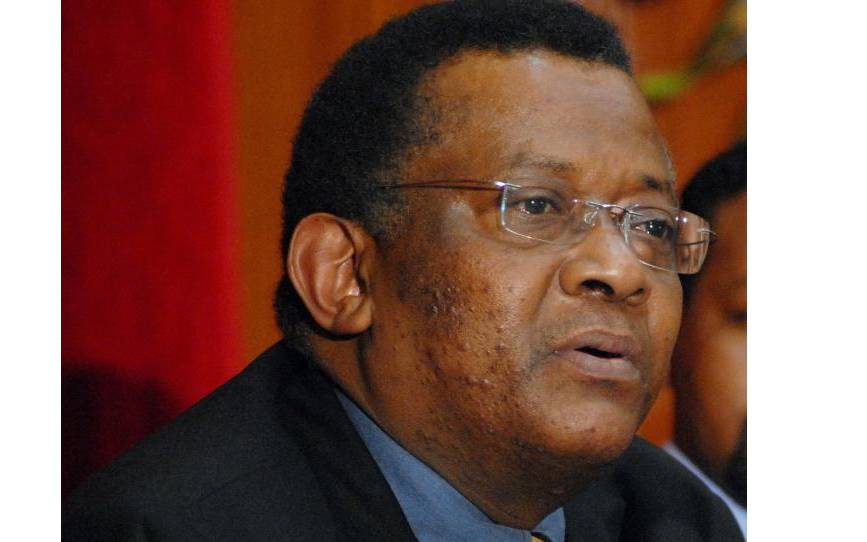×
The Standard e-Paper
Kenya’s Boldest Voice

It is now emerging that the proposals to expand the Executive mirrors the document experts harmonised from previous draft constitutions in the run-up to the 2010 referendum.
In a classic case of the stone, the builder rejected becoming the cornerstone, MPs assembled in Naivasha renegotiated the harmonised draft prepared by the Committee of Experts (CoE), throwing away the proposals now brought back by BBI.